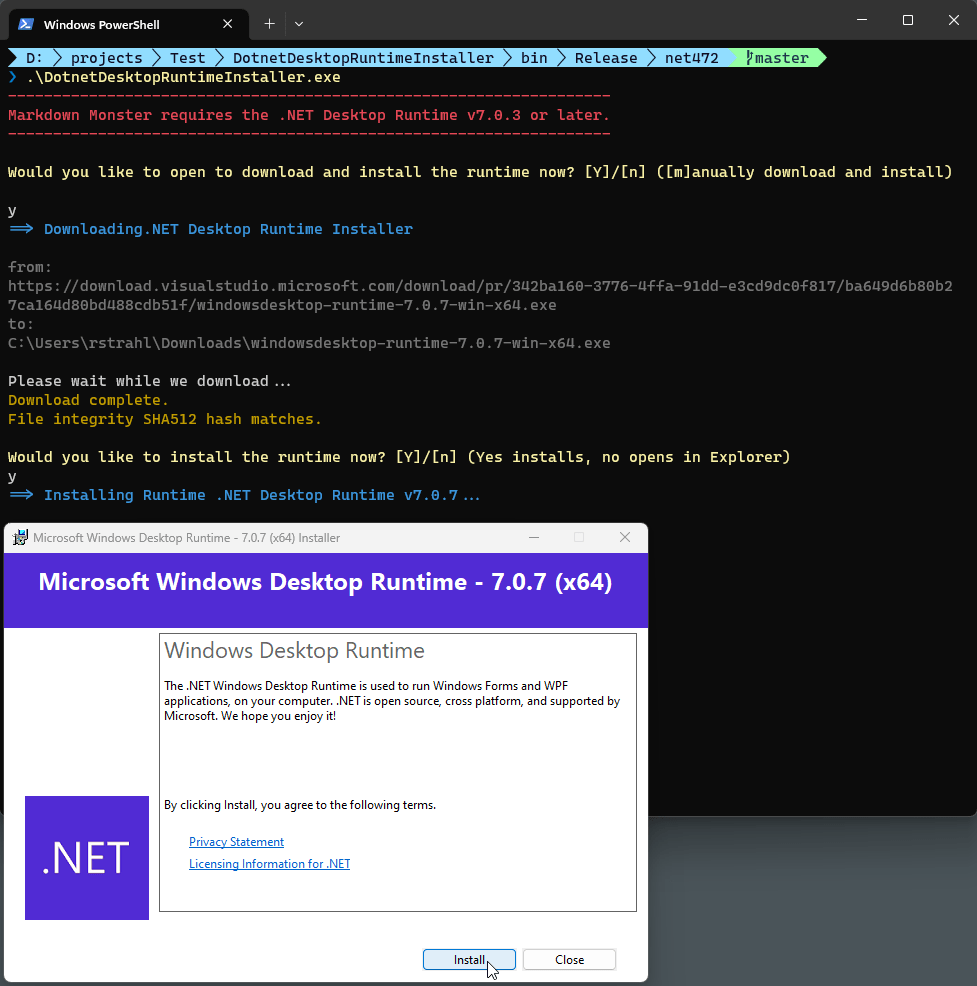Inspirating Tips About Is Net Runtime Free
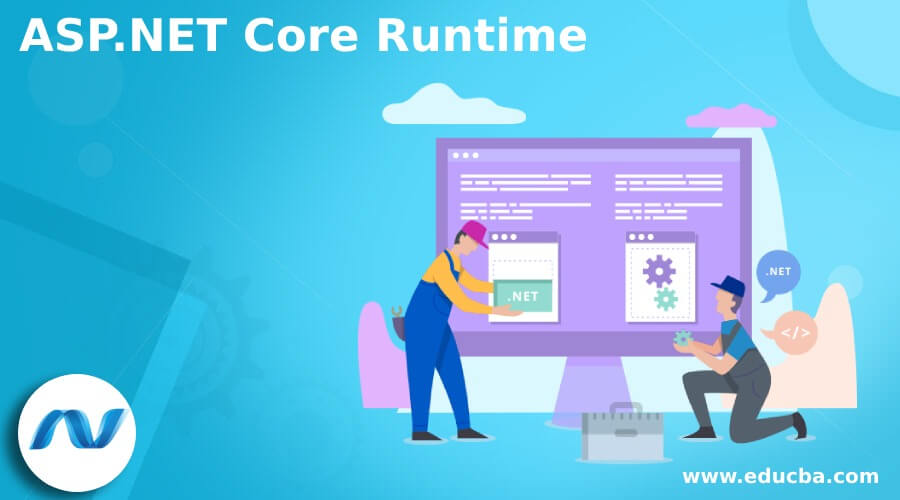
Core Runtime Learn How To Use Runtime?
Unpacking the Mystery
1. Delving into the Cost of .NET Runtime
So, you're wondering if the .NET Runtime, that essential bit of software that makes so many cool applications tick, comes with a price tag? That's a valid question! In the vast world of software, "free" can sometimes be a tricky word, often followed by asterisks and fine print. Let's get straight to the point: generally speaking, the core .NET Runtime itself is available without charge from Microsoft. That's the good news!
Think of it like this: imagine you're building a Lego masterpiece. The Lego bricks themselves (the .NET Runtime) are freely available. Microsoft, in this analogy, generously provides those bricks. They WANT developers to use them to construct amazing software applications. They provide the tools and framework so that others can create things.
However, things can get a little more nuanced, like figuring out which Lego set you actually need! While the core runtime is free, you might encounter costs associated with other parts of the .NET ecosystem. For instance, certain development tools or specialized libraries might require a paid license. But the fundamental piece that lets your .NET applications run? That's typically free as in beer!
So, breathe easy. If you're just getting started with .NET, or need the runtime to run an application, you usually won't have to reach for your wallet. The key is understanding which components are truly essential for your needs versus those that are optional extras. And who doesn't love free Lego bricks?
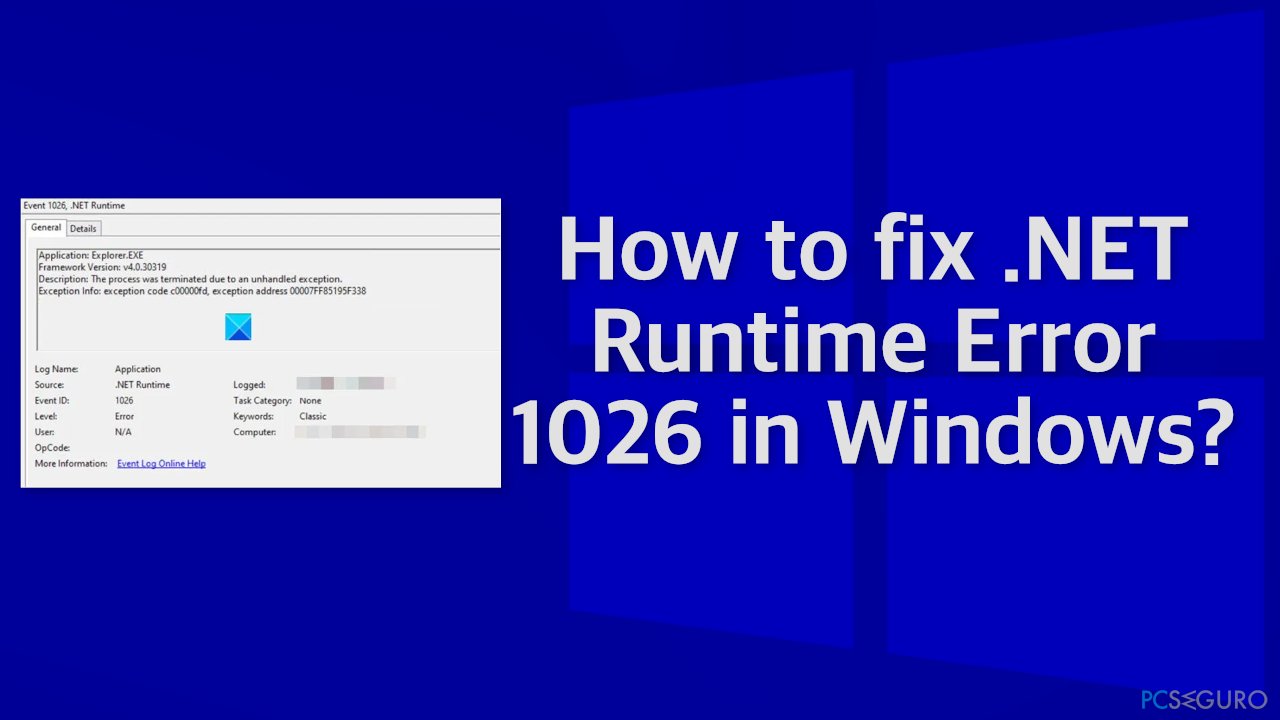
¿Cómo Solucionar El Error 1026 Runtime En Windows?
Decoding the "Free" in .NET Runtime
2. Unmasking Hidden Costs and Considerations
Okay, so we've established that the .NET Runtime is generally free. But as any seasoned software developer (or anyone who's ever tried to assemble IKEA furniture) knows, there's often more to the story than meets the eye. The truth is, while the runtime itself doesn't cost you money, using it effectively can involve other expenses.
Think about it this way: you get a free hammer, but you still need nails, wood, and maybe a blueprint to build something useful. Similarly, while the .NET Runtime is free, you might need specialized development tools (like Visual Studio, although a free Community Edition exists!), third-party libraries to speed up development, or even cloud hosting for your application. These can come with a cost.
Another thing to consider is the time and effort involved in learning to use the .NET Runtime effectively. While there's a wealth of free documentation and online resources, mastering the framework takes time and dedication. That's an investment in itself, even if you're not directly paying for a training course or certification.
And let's not forget support. While you can often find solutions to problems online (Stack Overflow is your friend!), professional support from Microsoft or a third-party vendor might come with a price tag. So, while the .NET Runtime is indeed free, keep in mind the broader ecosystem and the potential costs associated with using it effectively. It's about being aware of the bigger picture.
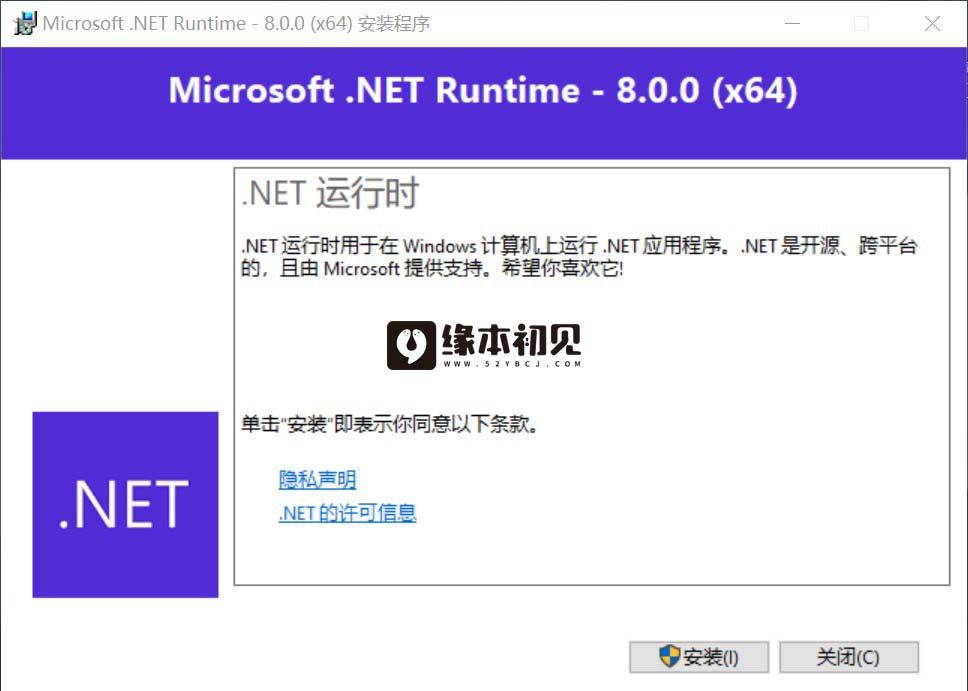
Exploring Different .NET Runtimes
3. Dissecting .NET Framework, .NET Core, and .NET
The world of .NET has evolved quite a bit over the years, and with that evolution comes a slightly confusing array of runtimes. You might have heard of .NET Framework, .NET Core, and simply ".NET" (which is the modern successor to .NET Core). So, the question is, are they all equally free?
The answer is, for the most part, yes! All three of these runtimes are offered by Microsoft under a free license. That means you can download, use, and distribute them without paying a licensing fee. They're all part of the larger open-source .NET ecosystem.
However, there are subtle differences to keep in mind. .NET Framework is the older runtime, primarily for Windows applications. .NET Core was designed to be cross-platform, running on Windows, macOS, and Linux. And ".NET" is the unification of these two platforms, aiming to be the single, go-to runtime for all .NET development going forward.
So, while the licensing is the same across all three, you might choose one over the other based on your specific needs and target platform. For example, if you're building a brand new application, you'll likely want to use the latest version of .NET. If you're maintaining an older application, you might be stuck with .NET Framework for a while. But rest assured, the runtime itself is free in all cases.
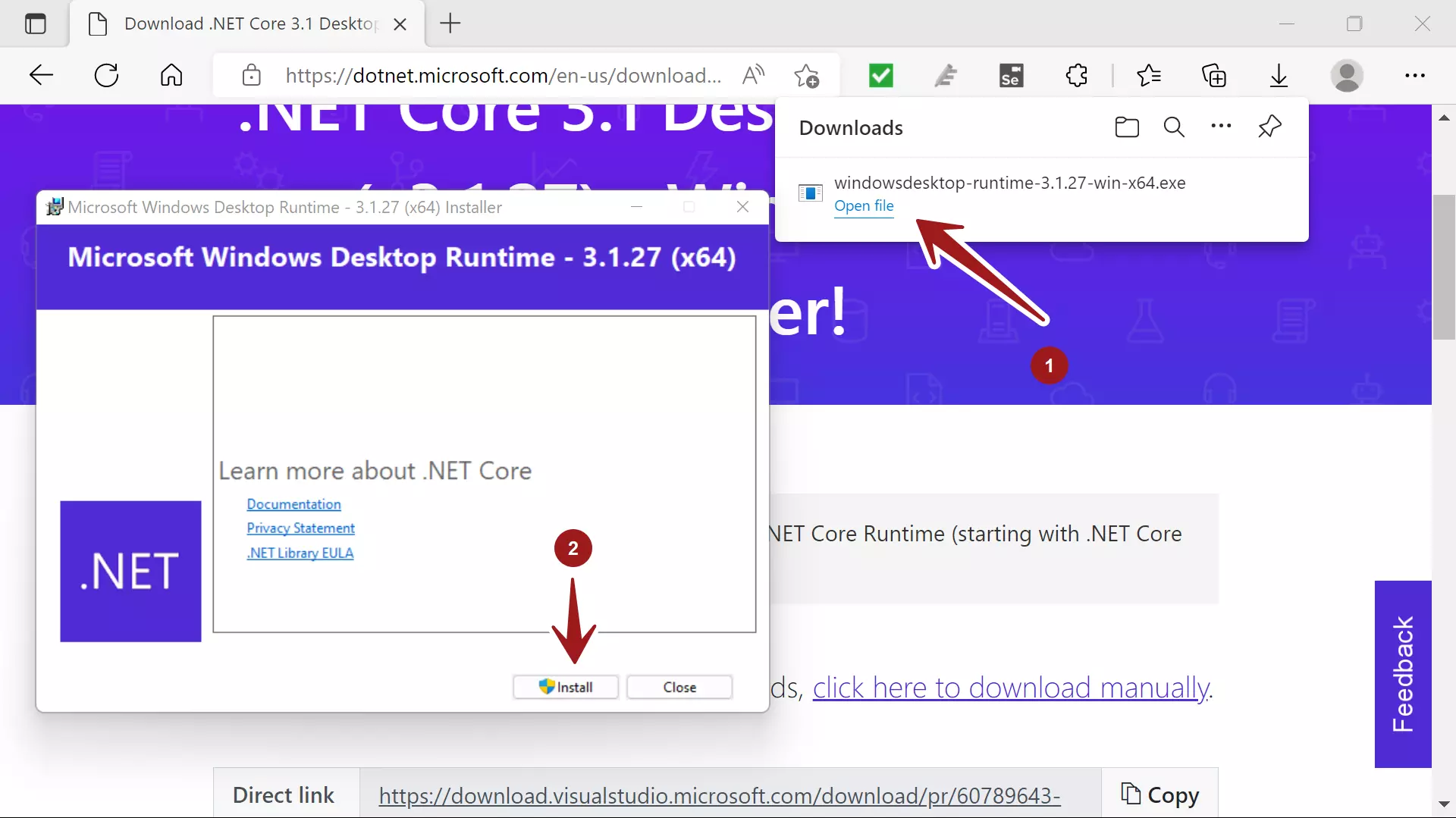
When Does "Free" Become Complicated? Licensing and Usage Scenarios
4. Navigating the Legal Landscape of .NET Runtime
While the core .NET Runtime is open-source and free to use, it's still wise to be aware of the fine print, especially if you're distributing your applications commercially. Understanding the licensing terms is crucial to avoid any unpleasant surprises down the road.
The .NET Runtime is primarily licensed under the MIT License, which is a very permissive open-source license. This basically means you can use, modify, and distribute the runtime for both commercial and non-commercial purposes. You don't need to pay royalties or seek permission from Microsoft to use it in your applications.
However, there are a few caveats to keep in mind. The license requires you to include the original copyright notice and license text in your distribution. Also, if you modify the runtime itself (which is unlikely for most developers), you're responsible for ensuring that your changes don't infringe on anyone else's patents or copyrights.
In most common usage scenarios, you won't need to worry about any of this. As long as you're using the standard .NET Runtime in the way it was intended, you're covered by the MIT License. But if you're doing something unusual or distributing a heavily modified version of the runtime, it's always a good idea to consult with a lawyer to ensure you're complying with the licensing terms.

GitHub · Where Software Is Built
Getting the Most Out of the Free .NET Runtime
5. Maximizing Your .NET Experience Without Breaking the Bank
Now that we've established that the .NET Runtime is indeed free (and hopefully demystified some of the potential complexities), let's talk about how to get the most out of it without spending a fortune. There are tons of resources available to help you learn, develop, and deploy .NET applications on a budget.
First off, take advantage of the free development tools offered by Microsoft. Visual Studio Community Edition is a fully featured IDE that's free for individual developers, students, and open-source contributors. It provides everything you need to write, debug, and test .NET applications.
Next, explore the vast online resources available. Microsoft Learn offers free training courses and tutorials covering everything from the basics of C# to advanced .NET concepts. The .NET documentation is also comprehensive and well-maintained. And don't forget the power of the .NET community! Online forums, Stack Overflow, and GitHub are invaluable resources for getting help and sharing knowledge.
Finally, consider using free or low-cost cloud hosting options for your .NET applications. Azure offers a free tier that allows you to host small applications for free. Other cloud providers like AWS and Google Cloud also offer free tiers or affordable pricing options. By taking advantage of these resources, you can build amazing .NET applications without breaking the bank. Happy coding!
